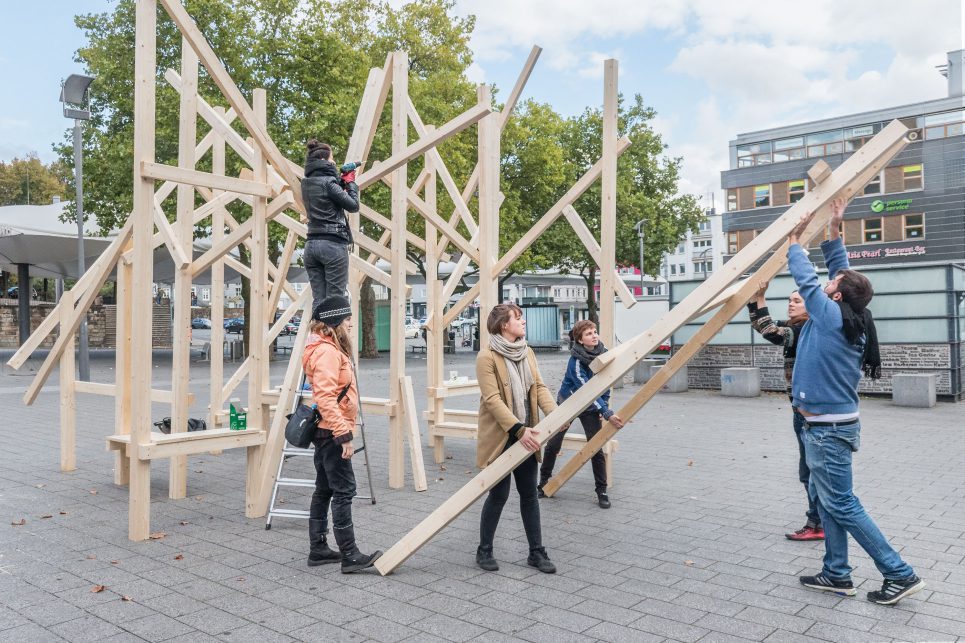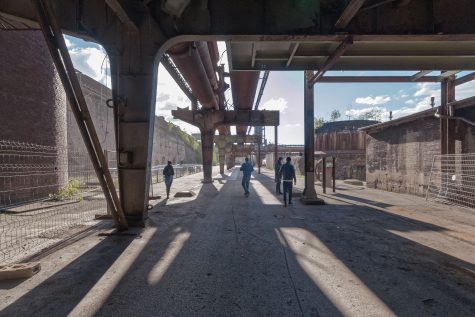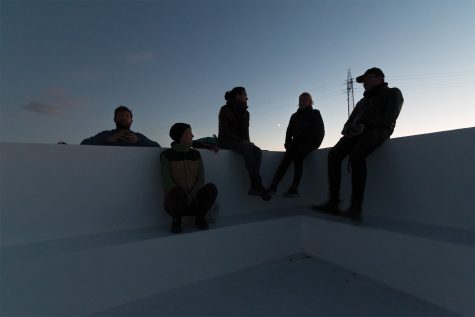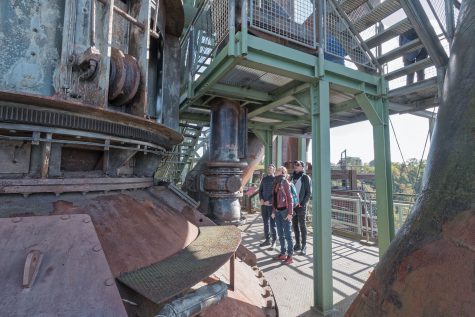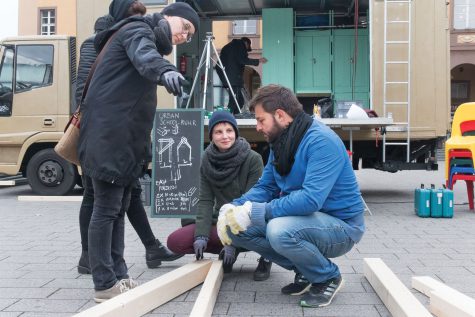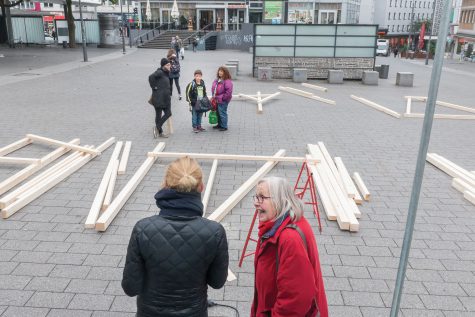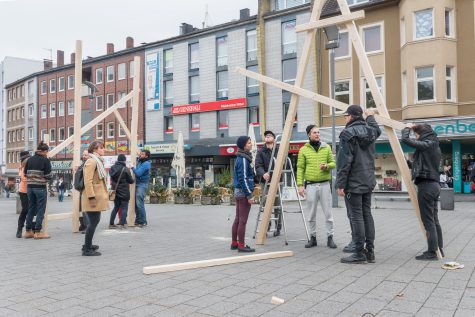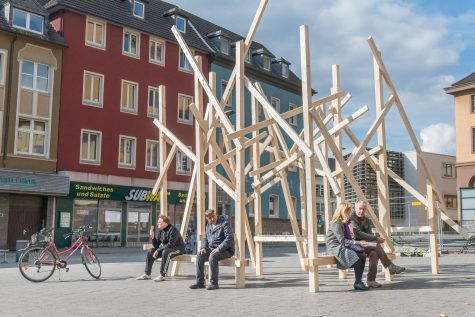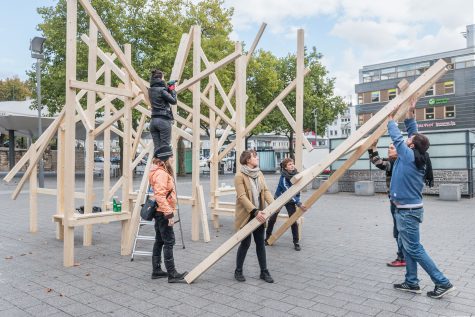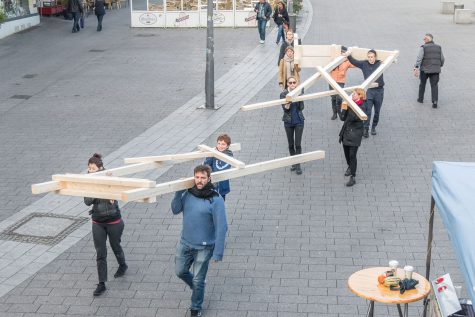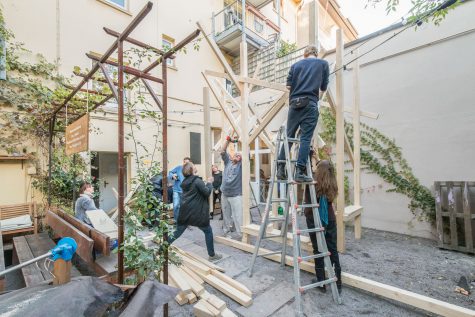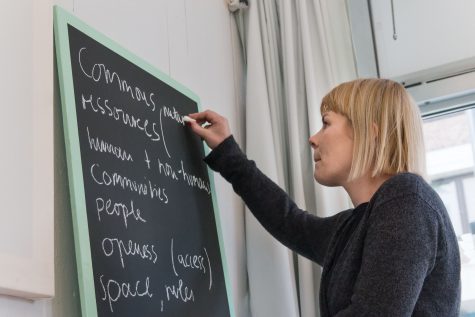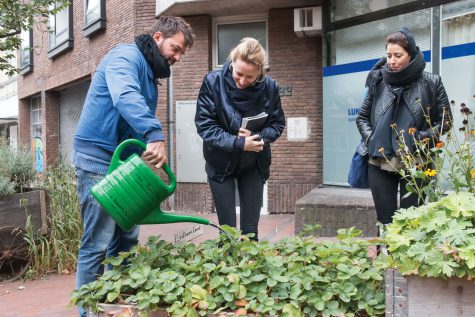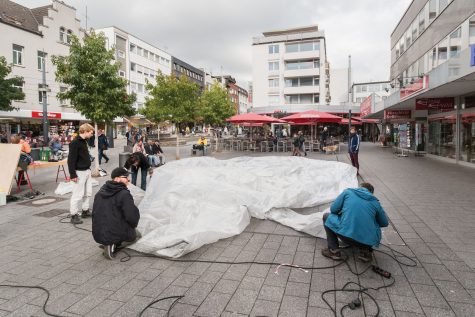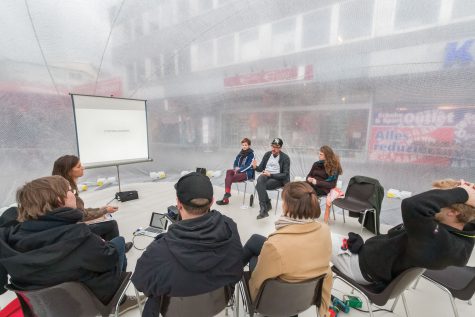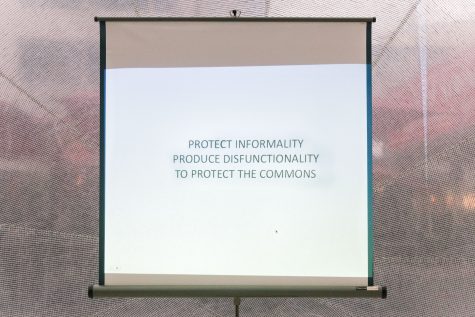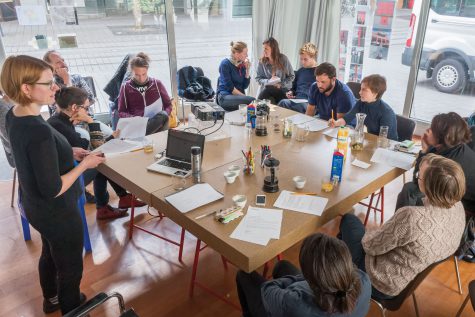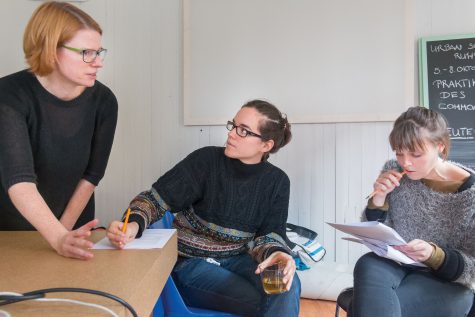USR session [03] >> PRACTICES OF COMMONING <<
USR Session III explored the notions of the commons, through theory and practice guided by Juan Chacón & Natalia Hosie (Zuloark), Sofia Dona, Julia Reinermann and Dr. Mary Dellenbaugh.
The Urban School Ruhr is organized in three different departments: Spaces of Learning, Practices of Commoning, and Intervention as a Strategy. Its 2016’s Open Programme was developed in autumn throughout five sessions taking place in the cities of Witten and Hattingen. In addition to the departments, the programme is amplified via cooperations with associated tutors and educational partners. Each session comprises of different learning formats:
ON-SITE WORKSHOPS are conceived as a three to four days opportunity for participants to explore diverse approaches and engage with activities within the urban environment. By allowing practice to inform theory, we will be learning by doing.
ASSEMBLY SEMINARS provide a discussion-oriented learning format, where anyone interested can join and exchange experiences and thoughts.
DISCURSIVE DINNERS Understanding the kitchen as a site of dialogue and reciprocity, attendees cook and eat together. During the dinner, invited speakers do a short presentation – in between courses- followed by an informal discussion.
05-08.10.16 – Session III
Practices of Commoning
Commons – Commoners – Doing in Common. Commoning as an everyday life practice. During this session we focused on the ongoing practices and discourses around the commons. USR investigated concepts like community, trust, access, struggle, responsibility, sharing and gift, while it aimed at rethinking how we live in relation to each other and the environment.
Zuloark’s workshop “Epic Urbanism” kicked off with a tour through the Ruhrgebiet and a visit to Emscherkunst – a first shared activity that allowed participants and tutors arriving from different contexts and time zones to get to know each other.
It unfolded during three days throughout a series of exercises with wood elements in Witten’s main public square that tested decision making in two phases: p2p – a design and construction of a portico between two persons- and g2g – a negotiation process between the group to erect a temporary free standing structure with the elements previously p2p built.
The workshop concluded by dismantling the structure and a procession-like parade, where wooden porticos were carried from the main square throughout town into a garden to finally be re-assembled for future resident’s use.
Julia-Lena Reinermann proposed a short exercise of mapping the commons in Wiesenviertel neighbourhood in witten with the intention to value what is already there.
Sofia Dona shared her research on how Athen’s multi-ownership and miscommunication have been ‘protecting’ the city from large scale developments, in order to question and discuss commoning and ways of not only living together but creating ways of resistance.
To finalise, Dr. Mary Dellenbaugh provided the ground theory from the common’s origins until contemporary commons based on her publication “Urban Commons: Moving beyond State and Market” followed by a group exercise „Commons zu Anfassen“ that challengend participants to think about what makes a common, how many commoners does a common needs and how to common!
